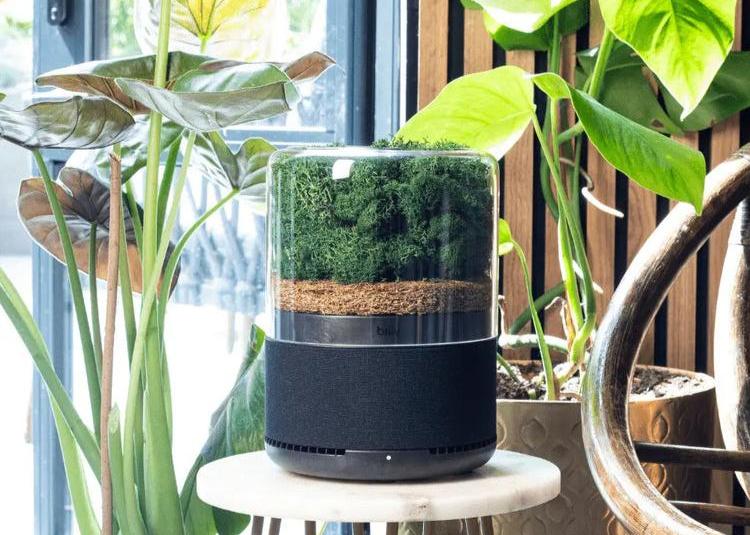
How to Improve your Gut Health

Did you know that there are trillions of microbes living inside your body right now? Don’t worry, they are good bacteria that are there to support your wellbeing and keep you healthy. This World Wellbeing Week we want to talk about the importance of gut health, and how you can improve it in a few simple steps. Having a healthy gut is the key to feeling happy, healthy and well!
What is the Gut Microbiome?
The term “microbiome” refers to the trillions of microorganisms living in your body. These are a combination of bacteria, archaea, viruses and fungi that can be found in different parts of your body including your digestive tract and your skin.
Why Gut Health Matters
Our gut plays a huge role in the wellbeing of our bodies. The bacteria in our microbiome helps us to digest our food, regulate our immune system, protect us against other bacteria that can cause diseases, and produce important vitamins such as Vitamin B, Vitamin B12 and Vitamin K. Your gut health is incredibly complex, it is linked to and can affect various aspects of your health, such as your immune system, hormone levels, autoimmune conditions, gastrointestinal disorders and even your mental health. Did you know that an unhealthy gut could also be responsible for causing acne breakouts on your skin? You can read our blog on how to prevent and manage adult acne here.
Signs and Symptoms of an Unhealthy Gut
- Having an upset stomach (this includes frequent discomfort, gas, bloating, constipation, diarrhoea, heartburn and indigestion)
- Feeling constantly tired
- Having trouble sleeping
- Autoimmune conditions
- Having food intolerances
- Skin irritations
- Unintentional weight changes
- Frequent mood changes
4 Steps to Improving your Gut Health
While there are some uncontrollable factors that affect your gut health, like your family and genetic history, there are other factors you can control, like stress and your diet. Here are a few tips on things you can do to take control of your wellbeing and improve your gut health.
1. Detox Your Gut
The first step to achieving good gut health is to cleanse your gut from any toxins. Drinking plenty of water and staying hydrated is a great way to cleanse your gut and regulate digestion. Try eating foods high in water content, such as watermelon, lettuce, tomatoes and celery. You can also try boosting your cleanse with a gut-cleansing supplement.
Try Anatomē’s Detox & Cleanse Supplement which helps reinforce the natural functions of your liver, kidneys, lungs and of course your gut!
2. Change Your Diet
Certain foods and healthy lifestyle habits can help improve your gut health naturally. Avoid eating processed, fatty and sugary foods which can promote the growth of bad bacteria. Instead, try making some changes to your diet and include some of the following foods which can lead to better gut health:
- High fibre foods such as legumes, whole grains, vegetables, nuts, seeds and some fruits
- Fermented foods containing probiotics such as live yoghurt, kefir, kimchi, sauerkraut, tempeh and kombucha
- Foods high in polyphenols such as berries, nuts and dark chocolate
- Prebiotic foods such as garlic, onion, chickpeas, beans, artichoke, banana and leeks
3. Consider Taking a Supplement
Probiotic supplements have become increasingly popular as education on the importance of gut health continues to spread. Adding a prebiotic or probiotic supplement to your diet may help improve your gut health, by promoting the growth of beneficial bacteria in your gut.
Take a look at our collection of supplements for gut health including incredible products from Anatomē, Daylesford, Fushi and Phizz.
4. Make Some Lifestyle Changes
You may be able to improve your gut health by making some lifestyle changes that are not related to your diet, such as reducing your stress levels, getting enough sleep, eating slowly and keeping a good dental and oral hygiene. Yes, research suggests that bad bacteria from your mouth can get into your stomach and cause problems, so get brushing and flossing!







Leave a comment
This site is protected by hCaptcha and the hCaptcha Privacy Policy and Terms of Service apply.